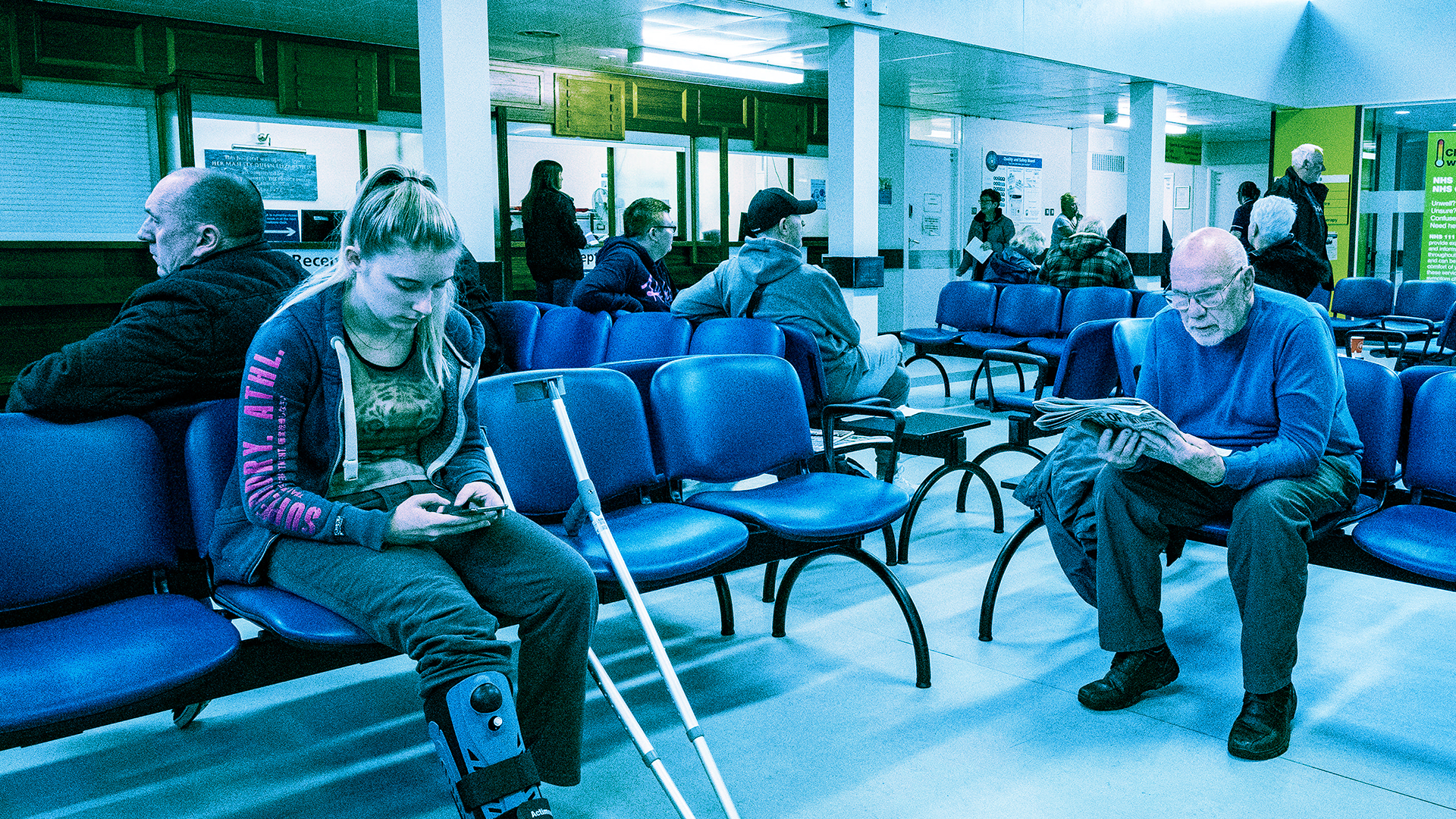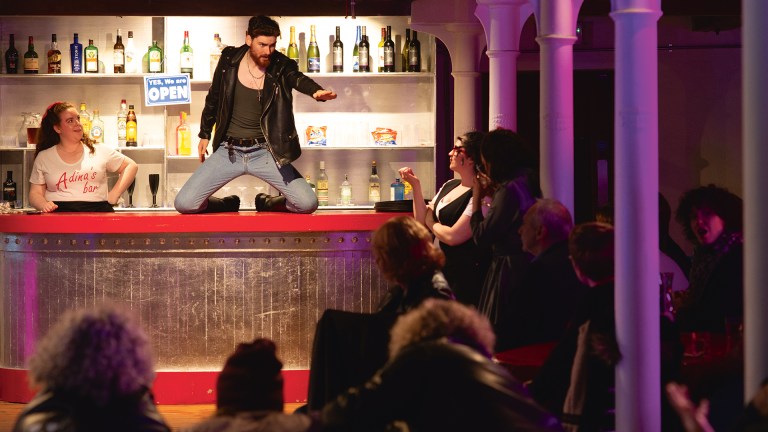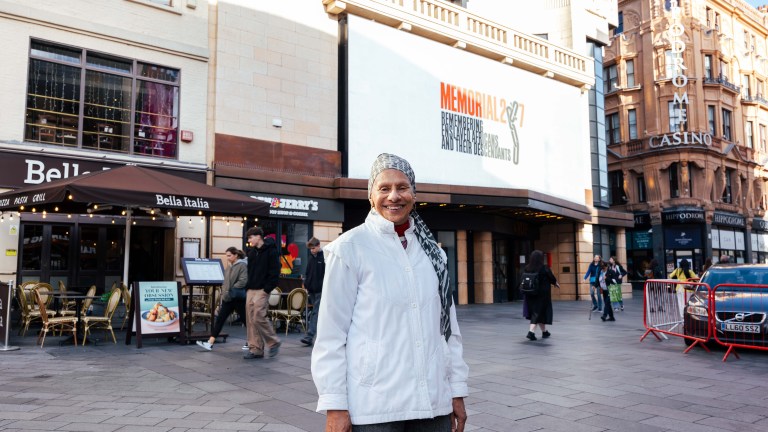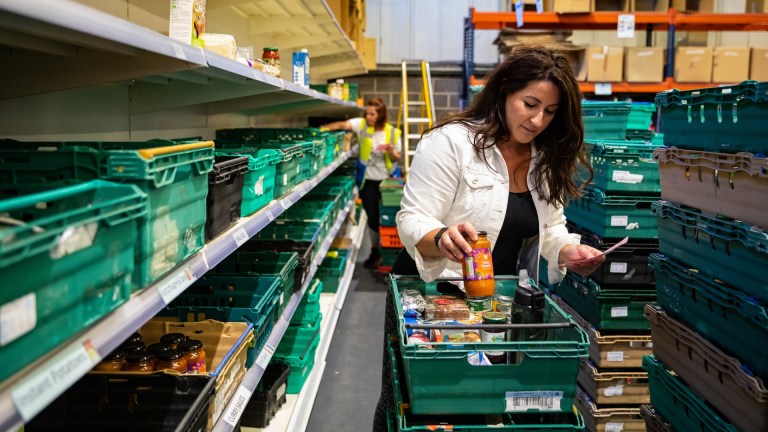There is the natural discomfort of the seats, coupled with the guilt of taking one in case you’re going to make the next person coming through the doors, fearful and unsure, feel worse by not giving them the chair. You witness more regular standing and sitting down again than at a Catholic mass.
There is heat, that heavy, still, unmoving heat that scaffolds illness and suggests containment. And mostly there is the fear of not knowing. The cheery receptionist doesn’t know. The nurses at the first point of contact don’t know and there is nobody really to ask what is happening and what is next. The lack of information coming through allows the mind to race.
While I sat there, trying to focus on something else, I noticed beyond the security door two clocks. Both told different times and neither were correct. This became a focus. Why couldn’t they get the time right? It felt like a symbol of where the NHS rests just now. People under the utmost pressure doing everything they can to help those in need are chasing time, which will never be enough. All the while, everything that happens is judged by time – from a pulse to the availability of a bed.
Last week, figures showed the number of people waiting over 24 hours in A&E in Scotland had shot up. Over 4,000 people waited that time. Can you imagine? The number of people waiting the same time was 22 in 2019, pre-Covid.
In England and Wales, the figure was 400,000 people, according to the Royal College of Emergency Medicine, though that may include people treated and waiting for a bed on another ward. Still, there is clearly something very wrong.
You can add waiting times for operations, ambulance delays, issues with appointments and the dental crisis. How many canaries does the mine need?
The clock is not running right.
After hours at the hospital, the person I rushed in was assessed and eventually, thankfully, sent home. It is not clear if that would have been the outcome pre-Covid when the pressures to leave space to treat, though bad, were less dramatic.
Prospective leaders in the upcoming general election will make all sorts of noises. They will talk about getting the economy going again, levels of work and job creation, about how to build for the future. These things are vital to any progressive nation.
But if health and housing, and clear plans to address the emergency in both, are not at the heart of what comes next, then we’re not being led by serious people. Change is achievable. Tony Blair said he’d work to abolish waiting lists, and he invested money and organisation into the NHS, established ambitious targets for waiting times on everything from A&E to inpatient operations. But those successes came a generation ago. The slide has been pronounced, in Westminster and devolved nations.
The clock is ticking.
Paul McNamee is editor of the Big Issue. Read more of his columns here. Follow him on Twitter.
Do you have a story to tell or opinions to share about this? We want to hear from you. Get in touch and tell us more










